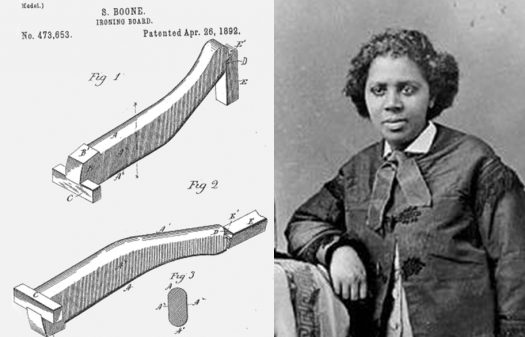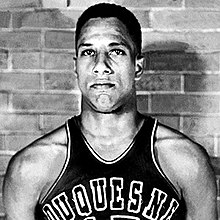Esteemed African-American historian, John Hope Franklin, was born January 2, 1915, in Rentiesville, Oklahoma. Franklin is noted for highlighting the importance of the black struggle in forming America’s identity and his scholarly assessment of the Civil War Era.
The Franklin family moved to Tulsa, Oklahoma in 1925 (following the decimation of what was known as Black Wall Street). His father was one of the leading attorneys in the city. After graduating from Booker T. Washington High School, Franklin received a bachelor of arts degree in 1935 from Fisk University in Nashville, Tennessee. He went on to receive a master’s degree and Ph.D. in history from Harvard University in 1936 and 1941.
Franklin began his teaching career at Fisk University before continuing on to St. Augustine’s College. He worked as a professor at several other universities, including Howard University in Washington, D.C., North Carolina Central University in Durham, North Carolina, and he chaired the Department of History at Brooklyn College. Franklin also served as Professor Emeritus at the University of Chicago.
In 1945, Franklin received a $500 advance from Alfred A. Knopf and together with the help of his wife, he began writing the book on African American history that brought his name to the forefront, From Slavery to Freedom. The text is in its ninth edition. His other works that focus on the American Civil War include The Militant South, 1800–1861 (1956), Reconstruction: After the Civil War (1961) and The Emancipation Proclamation (1963).
While achieving success as a writer, Franklin also became active in several professional organizations. He has served as president of the Southern Historical Society, the Organization of American Historians and the American Historical Association. He was a long-time member of the Association for the Study of African American Life and History and was apart of the editorial board for the Journal of Negro History.
In 1995, former President Bill Clinton honored Franklin with the Presidential Medal of Freedom and two years later Clinton appointed him to a seven-member Race Initiative Advisory Board. He ended his career as a highly sought after lecturer and advisor with more than 100 honorary doctorate degrees.
John Hope Franklin died on March 25, 2009, in Durham, North Carolina.








